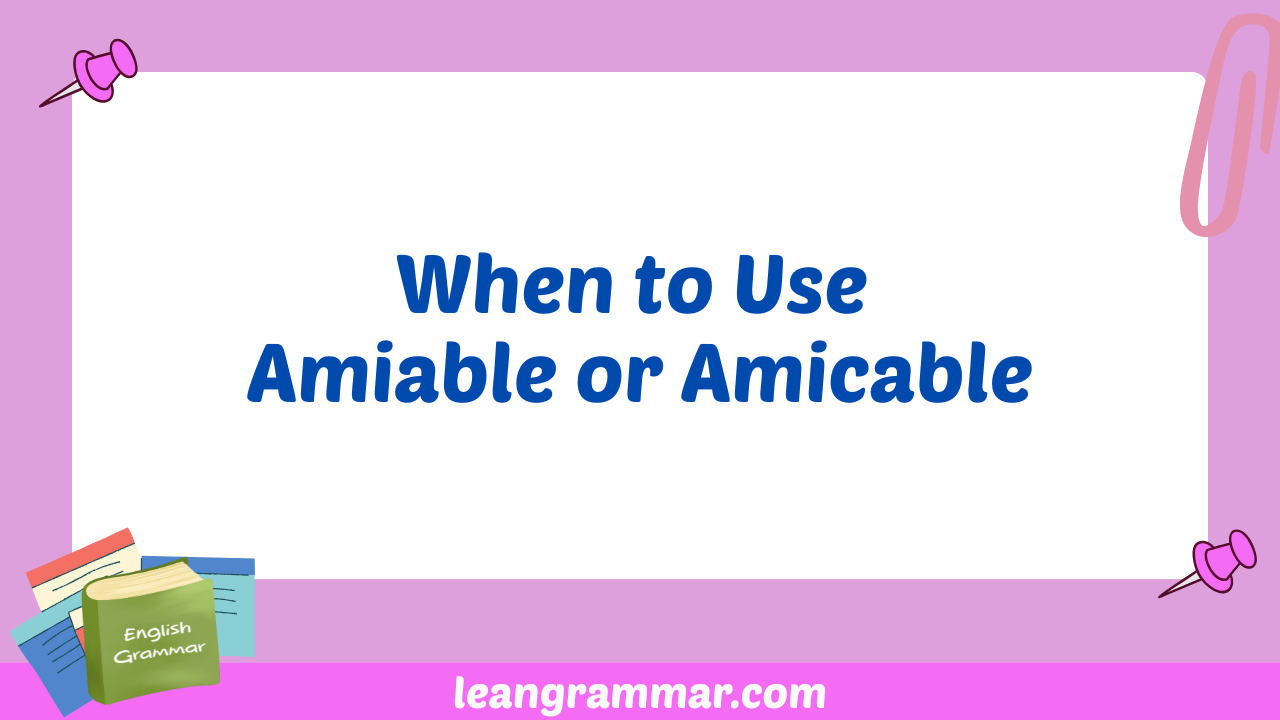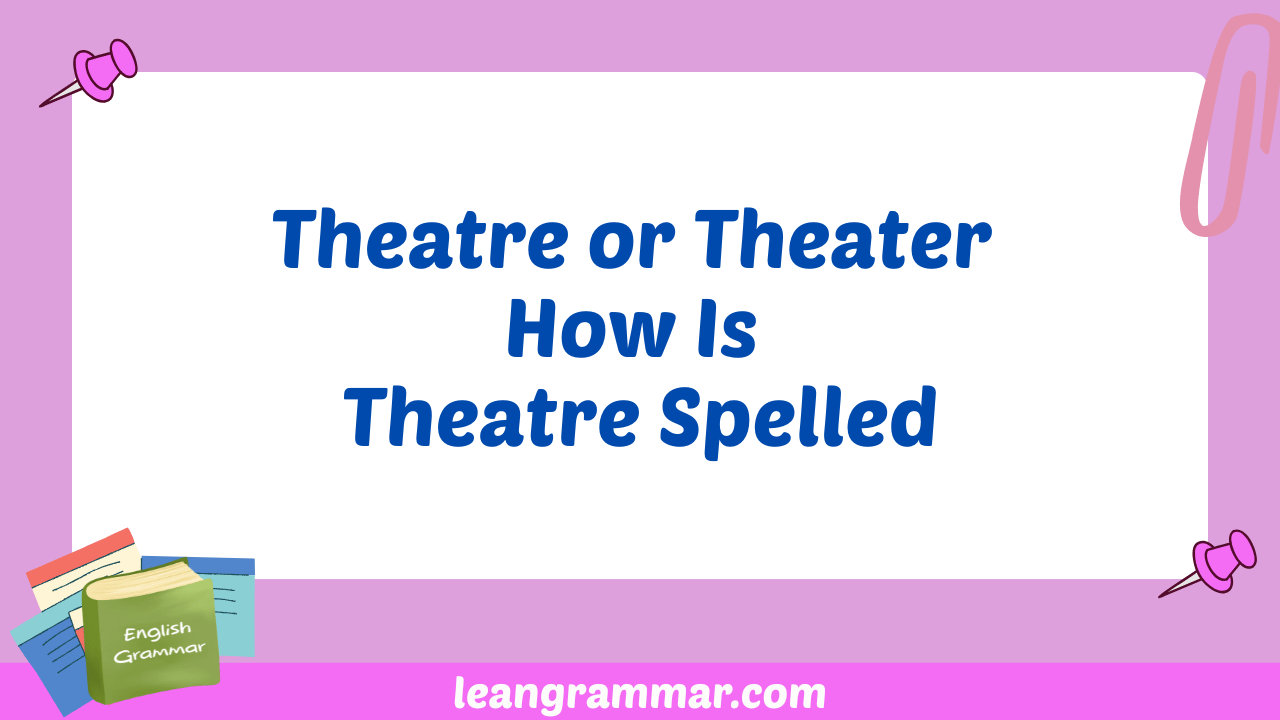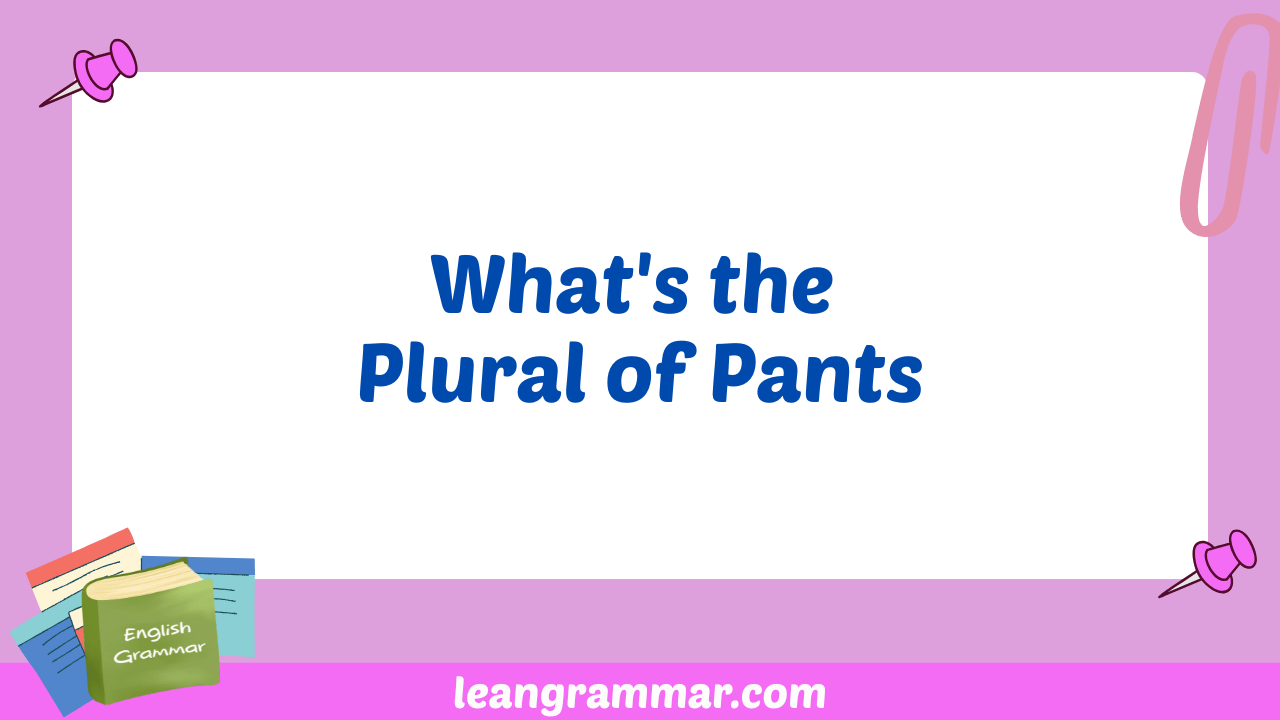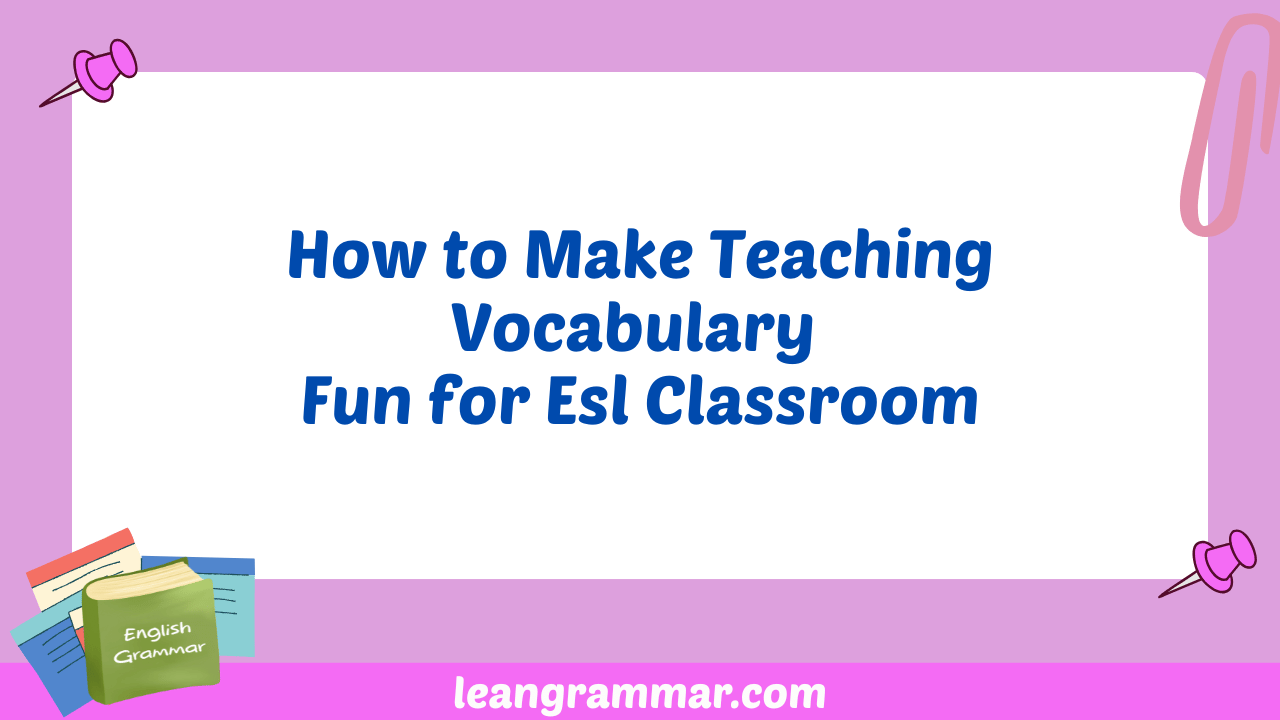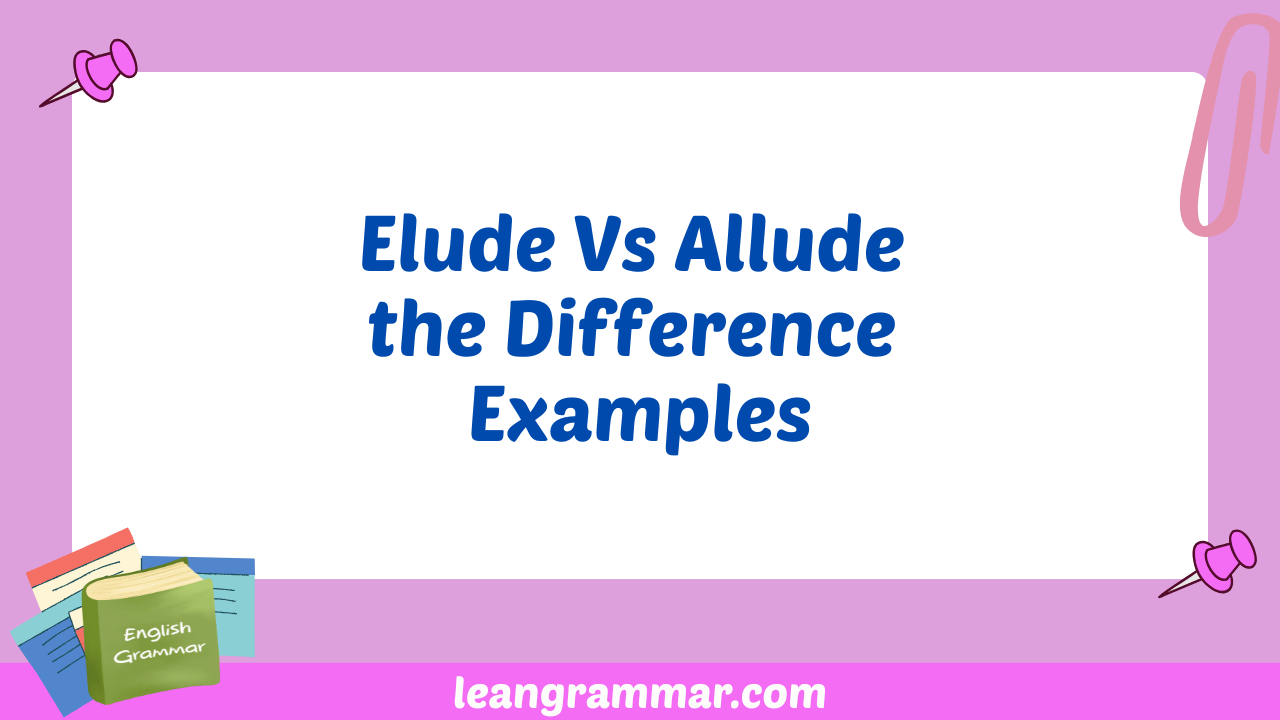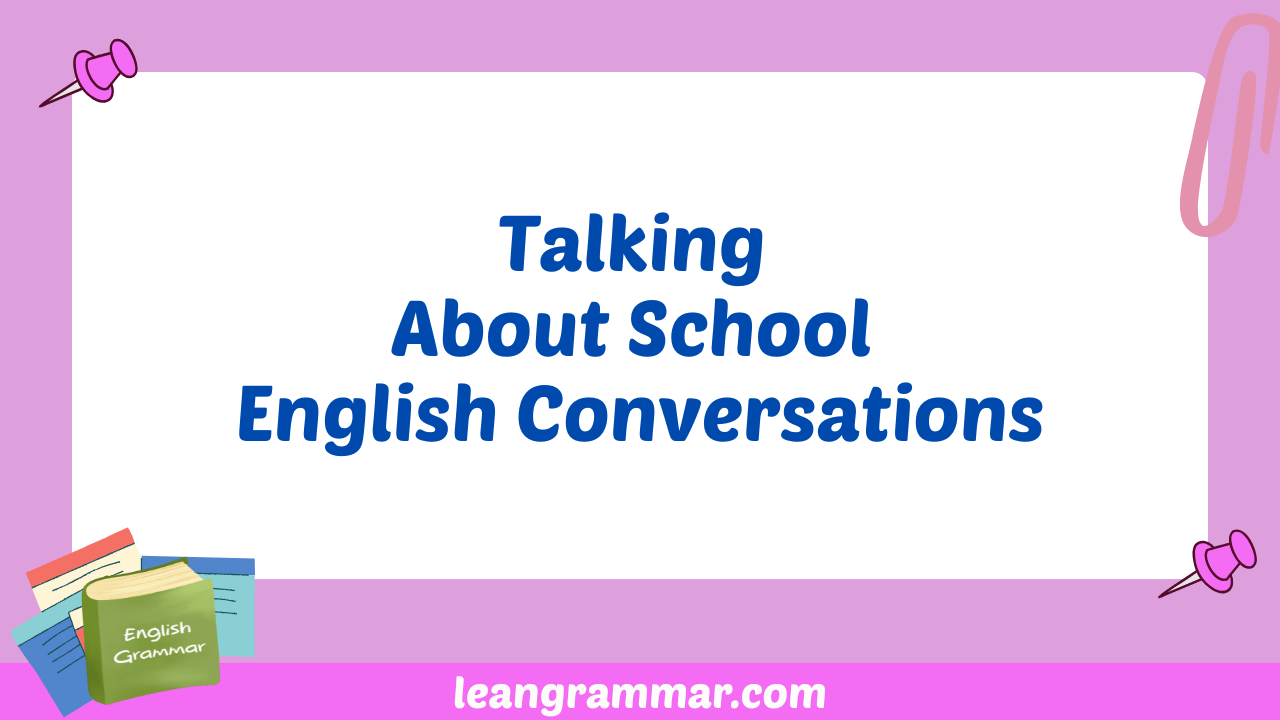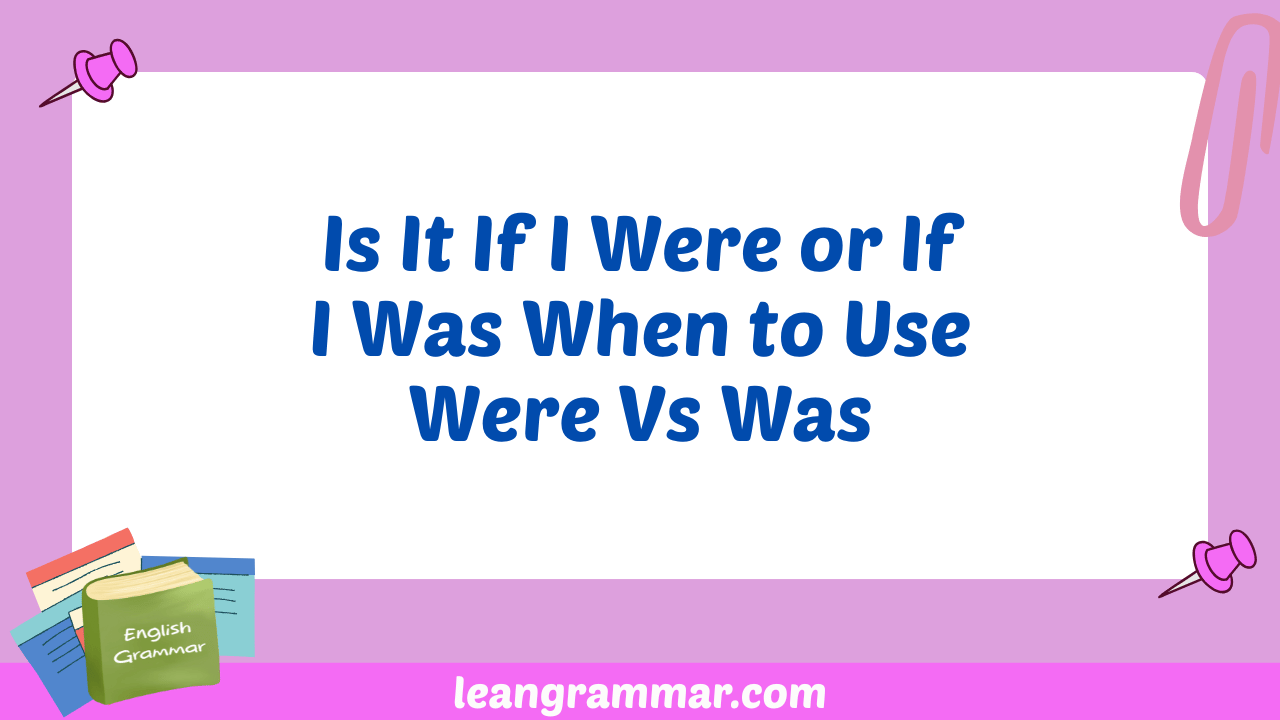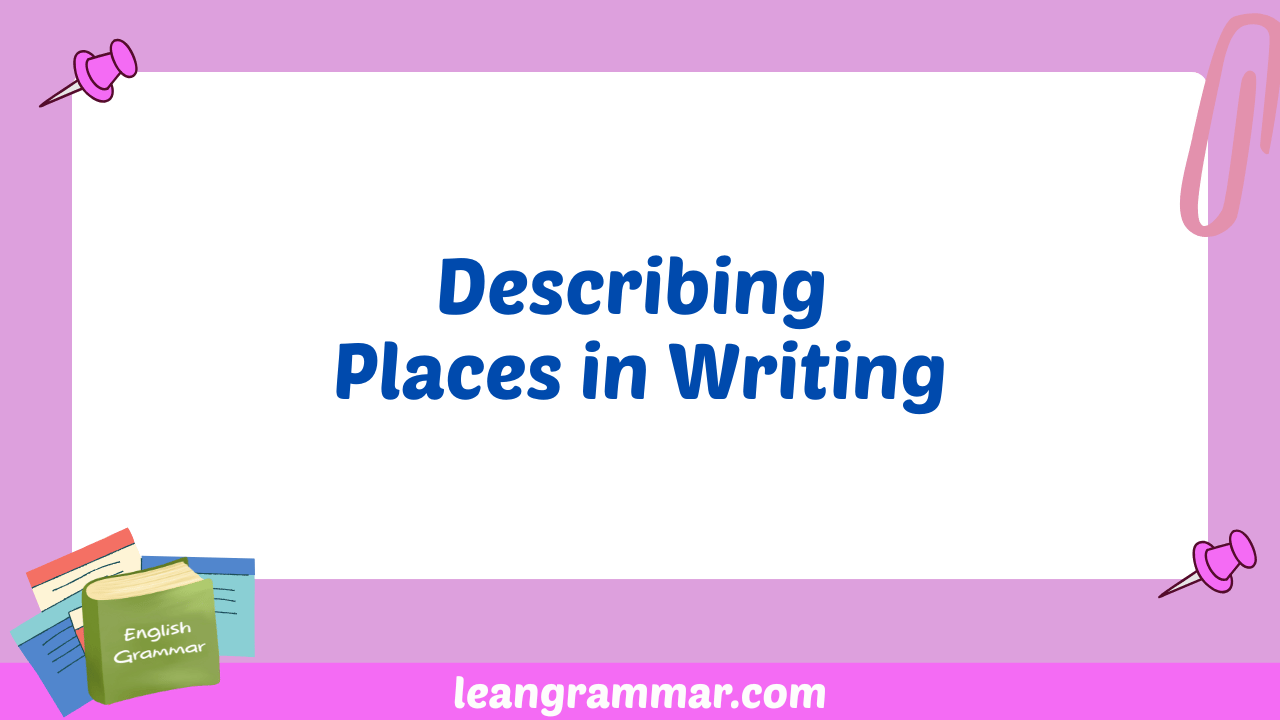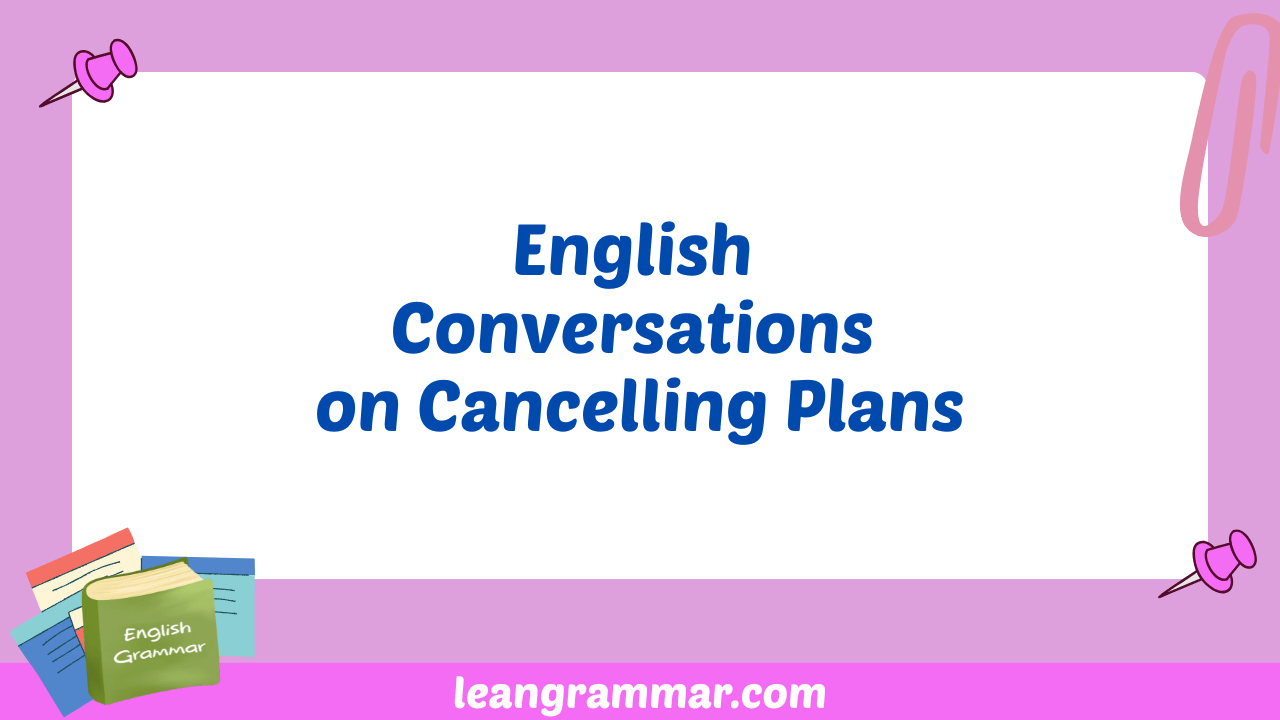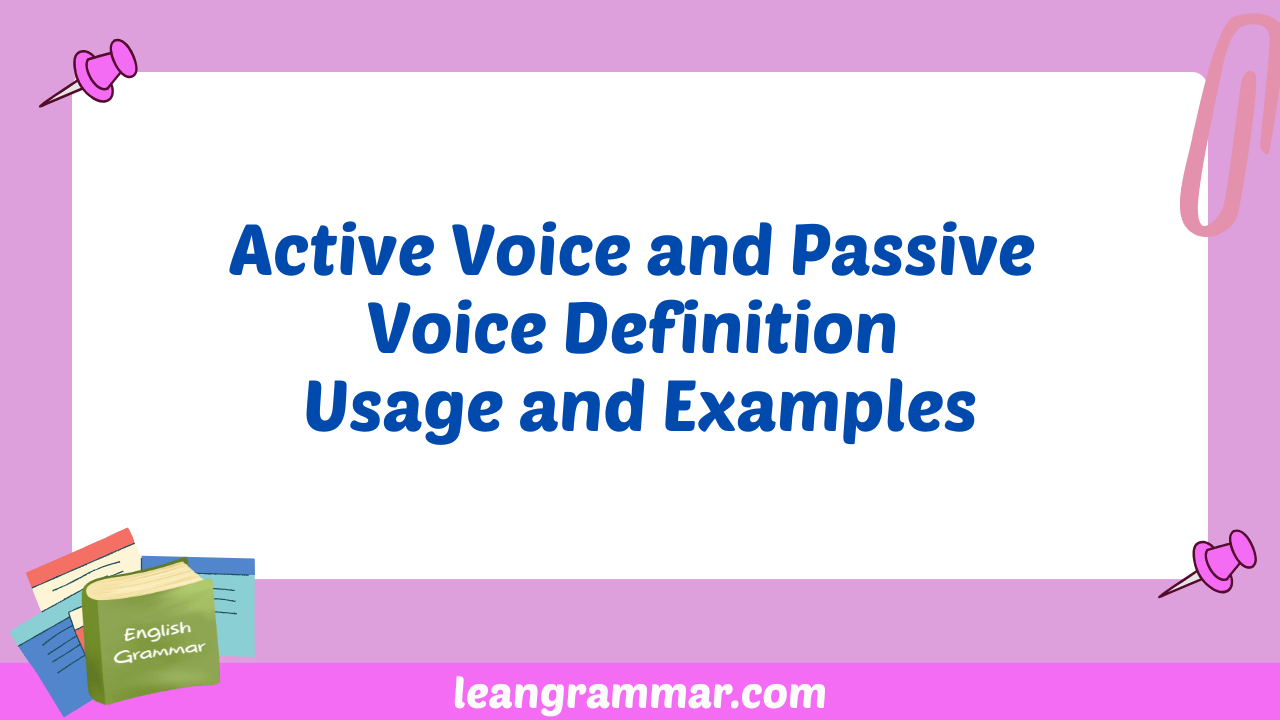Amiable vs. Amicable: Mastering Correct Usage
Choosing between “amiable” and “amicable” can be tricky, as both words relate to friendliness and goodwill. However, subtle differences in their meanings and typical contexts make one more appropriate than the other in certain situations. Understanding these nuances will not only enhance your vocabulary but also improve the precision and clarity of your communication. This … Read more
